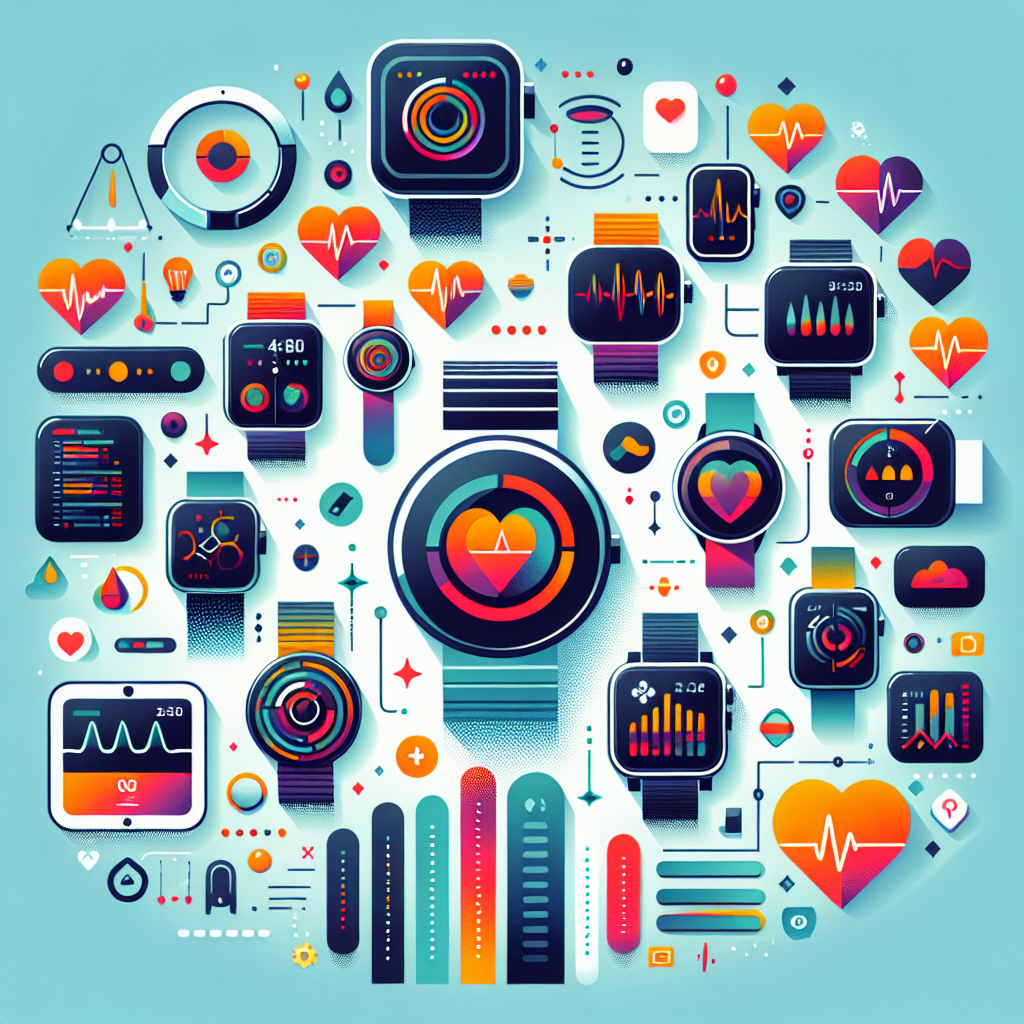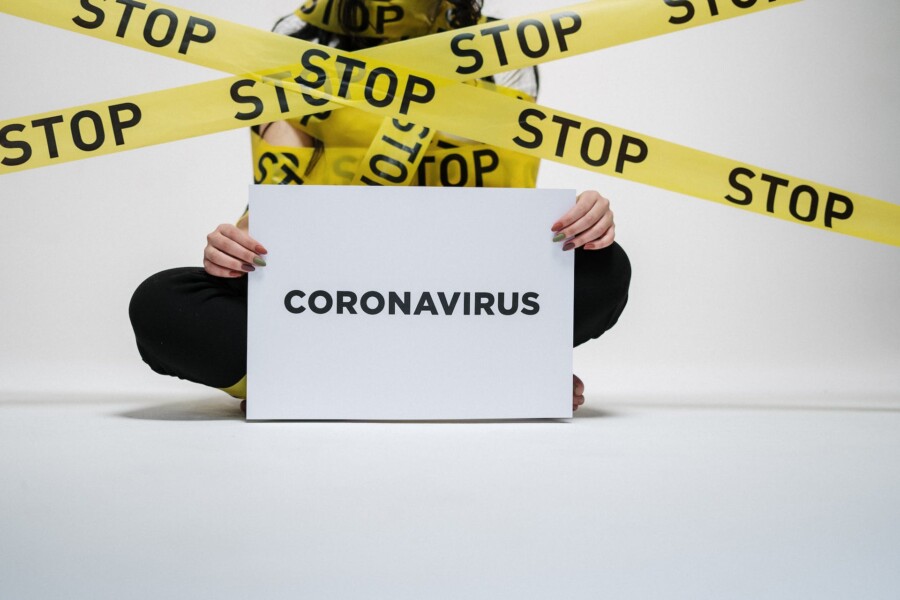Wearable technology like smartwatches and the Oura smart ring are becoming popular for tracking health. They help people see their heart rate, sleep, and overall wellness. In England, there’s a plan to give these devices to NHS patients to help them check their health at home. But some doctors worry that these devices might make people anxious if they don’t understand the data.
Doctors think wearable data can be helpful, but they warn not to trust it too much. The data might not always be accurate because of how the device is worn or if the person moves a lot. Different devices use different methods to collect data, which can cause problems. Many doctors prefer to check health data with their own tools to avoid mistakes.
Experts are discussing how to use data from wearables in healthcare. They see benefits in using these devices to care for patients outside of hospitals. However, there are challenges like needing better technology and trained people to handle the data. In the UK, they are working on creating rules and standards to make sure wearables are used effectively in healthcare.
Original news source: Why are doctors wary of wearables? (BBC)
🎧 Listen:
Slow
Normal
Fast
📖 Vocabulary:
| 1 | wearable | Something you can wear on your body |
| 2 | tracking | Watching or checking something over time |
| 3 | wellness | Being healthy and feeling good |
| 4 | anxious | Feeling worried or nervous |
| 5 | accurate | Correct and without mistakes |
| 6 | methods | Ways of doing something |
| 7 | experts | People who know a lot about a subject |
| 8 | benefits | Good things that come from something |
| 9 | challenges | Difficult things that need to be solved |
| 10 | technology | Machines and tools that help us do things |
| 11 | standards | Rules or levels of quality |
| 12 | effectively | Doing something in a way that works well |
Group or Classroom Activities
Warm-up Activities:
– CHARADES
Instructions: Students will take turns acting out different wearable technology devices or health-related activities (like sleeping, checking heart rate, etc.) while the rest of the class guesses what they are. This will help them practice vocabulary related to health and technology.
– OPINION POLL
Instructions: Have students walk around the classroom and ask their classmates if they think wearable technology is helpful or not. After gathering opinions, students will report back to the class on the majority opinion and provide reasons for their findings.
– MIND MAP
Instructions: As a class, create a mind map on the board about wearable technology. Start with the central idea of “Wearable Technology” and have students suggest related words or phrases, such as health, data, smartwatches, and anxiety. This will help them organize their thoughts and vocabulary.
– VOCABULARY PICTIONARY
Instructions: Divide students into teams. One student from each team will draw a word related to wearable technology (like “smartwatch,” “health,” “data,” etc.) on the board while their teammates guess what it is. This activity will reinforce vocabulary in a fun way.
– TWO TRUTHS AND A LIE
Instructions: Each student will think of two true statements and one false statement related to wearable technology and health tracking. They will share their statements with a partner who must guess which one is the lie. This will encourage critical thinking and discussion about the topic.
🤔 Comprehension Questions:
1. What are some examples of wearable technology mentioned in the article?
2. Why are smartwatches and the Oura smart ring becoming popular?
3. What is the plan in England for NHS patients and wearable devices?
4. What do some doctors worry about when people use these devices?
5. Why might the data from wearable devices not always be accurate?
6. What do many doctors prefer to use instead of wearable data?
7. What are experts trying to improve when it comes to using wearables in healthcare?
Go to answers ⇩
🎧✍️ Listen and Fill in the Gaps:
Wearable technology like smartwatches and the (1)______ smart ring are (2)______ popular for tracking health. They help people see their heart rate, sleep, and overall wellness. In England, there’s a (3)______ to give these devices to NHS patients to help them check their health at home. But some doctors worry that these devices might make people anxious if they don’t (4)______ the data.
Doctors (5)______ wearable data can be helpful, but they warn not to (6)______ it too much. The data might not always be accurate because of how the device is worn or if the person moves a lot. Different devices use (7)______ methods to collect data, which can (8)______ problems. Many doctors prefer to check health data with their own tools to avoid (9)______.
Experts are discussing how to use data from wearables in healthcare. They see benefits in using these devices to (10)______ for patients outside of hospitals. However, there are challenges like needing (11)______ technology and trained people to handle the (12)______. In the UK, they are working on creating rules and standards to make sure wearables are used effectively in healthcare.
Go to answers ⇩
💬 Discussion Questions:
Students can ask a partner these questions, or discuss them as a group.
1. Do you like wearing technology like smartwatches? Why or why not?
2. What is a smartwatch? Can you describe it?
3. How would you feel if you had a device that tracks your heart rate?
4. Do you think it is good to check your health at home? Why?
5. Have you ever used a device to track your health? What was it like?
6. What is your opinion on doctors using data from wearables?
7. How would you feel if the data from your device was not correct?
8. Do you think people should trust wearable technology? Why or why not?
9. What is a challenge of using wearable technology in healthcare?
10. Do you think everyone should have a wearable device? Why?
11. How would you feel if you had to explain your health data to a doctor?
12. What is one thing you would change about wearable technology? Why?
Individual Activities
📖💭 Vocabulary Meanings:
Match each word to its meaning.
Words:
1. wearable
2. tracking
3. wellness
4. anxious
5. accurate
6. methods
7. experts
8. benefits
9. challenges
10. technology
11. standards
12. effectively
Meanings:
(A) Doing something in a way that works well
(B) Feeling worried or nervous
(C) Ways of doing something
(D) Good things that come from something
(E) People who know a lot about a subject
(F) Watching or checking something over time
(G) Rules or levels of quality
(H) Something you can wear on your body
(I) Machines and tools that help us do things
(J) Correct and without mistakes
(K) Being healthy and feeling good
(L) Difficult things that need to be solved
Go to answers ⇩
🔡 Multiple Choice Questions:
1. What do smartwatches and the Oura smart ring help people track?
(a) Weather
(b) Time
(c) Distance
(d) Health
2. Who is planning to give wearable devices to patients in England?
(a) Schools
(b) Companies
(c) NHS
(d) Families
3. Why do some doctors worry about wearable devices?
(a) They are too expensive
(b) They are too heavy
(c) They are too small
(d) They might make people anxious
4. What do doctors think about trusting wearable data?
(a) They think it is always correct
(b) They say it is not useful
(c) They warn not to trust it too much
(d) They believe it is perfect
5. What can cause problems with the data from wearables?
(a) The color of the device
(b) How the device is worn
(c) The brand of the device
(d) The price of the device
6. What do many doctors prefer to use to check health data?
(a) Their own tools
(b) Only wearable devices
(c) Computers only
(d) Phones only
7. What are experts discussing about wearables in healthcare?
(a) How to use the data
(b) How to sell them
(c) How to break them
(d) How to hide them
8. What is the UK working on for wearable devices in healthcare?
(a) Making them more colorful
(b) Creating rules and standards
(c) Reducing their size
(d) Making them cheaper
Go to answers ⇩
🕵️ True or False Questions:
1. Doctors believe wearable data can be useful, but it may not always be correct.
2. Different devices collect health data in different ways, which can cause problems.
3. The UK is not trying to create rules to use wearables safely and effectively in healthcare.
4. These devices help people track their heart rate, sleep, and health.
5. Some doctors are worried that people might feel anxious about the data from these devices.
6. Experts are not discussing how to use data from wearables in healthcare.
7. In England, there is no plan to provide wearable devices to NHS patients.
8. Wearable technology excludes devices like smartwatches and the Oura smart ring.
Go to answers ⇩
📝 Write a Summary:
Write a summary of this news article in two sentences.
Check your writing now with the best free AI for English writing!
Writing Questions:
Answer the following questions. Write as much as you can for each answer.
Check your answers with our free English writing assistant!
1. What are some examples of wearable technology mentioned in the article?
2. Why do some doctors worry about using wearable devices for health?
3. How can wearable devices help people check their health at home?
4. What do doctors prefer to use instead of wearable devices to check health data?
5. What are experts trying to do to make wearable technology better for healthcare?
✅ Answers
🤔✅ Comprehension Question Answers:
1. What are some examples of wearable technology mentioned in the article?
Smartwatches and the Oura smart ring are examples of wearable technology.
2. Why are smartwatches and the Oura smart ring becoming popular?
They are becoming popular because they help people track their heart rate, sleep, and overall health.
3. What is the plan in England for NHS patients and wearable devices?
The plan is to give NHS patients wearable devices to help them check their health at home.
4. What do some doctors worry about when people use these devices?
Some doctors worry that people might feel anxious if they do not understand the data from the devices.
5. Why might the data from wearable devices not always be accurate?
The data might not be accurate because it can change based on how the device is worn or if the person moves a lot.
6. What do many doctors prefer to use instead of wearable data?
Many doctors prefer to use their own tools to check health data instead of relying on wearable data.
7. What are experts trying to improve when it comes to using wearables in healthcare?
Experts are trying to improve technology and training for people to handle the data from wearables better.
Go back to questions ⇧
🎧✍️✅ Listen and Fill in the Gaps Answers:
(1) Oura
(2) becoming
(3) plan
(4) understand
(5) think
(6) trust
(7) different
(8) cause
(9) mistakes
(10) care
(11) better
(12) data
Go back to questions ⇧
📖💭✅ Vocabulary Meanings Answers:
1. wearable
Answer: (H) Something you can wear on your body
2. tracking
Answer: (F) Watching or checking something over time
3. wellness
Answer: (K) Being healthy and feeling good
4. anxious
Answer: (B) Feeling worried or nervous
5. accurate
Answer: (J) Correct and without mistakes
6. methods
Answer: (C) Ways of doing something
7. experts
Answer: (E) People who know a lot about a subject
8. benefits
Answer: (D) Good things that come from something
9. challenges
Answer: (L) Difficult things that need to be solved
10. technology
Answer: (I) Machines and tools that help us do things
11. standards
Answer: (G) Rules or levels of quality
12. effectively
Answer: (A) Doing something in a way that works well
Go back to questions ⇧
🔡✅ Multiple Choice Answers:
1. What do smartwatches and the Oura smart ring help people track?
Answer: (d) Health
2. Who is planning to give wearable devices to patients in England?
Answer: (c) NHS
3. Why do some doctors worry about wearable devices?
Answer: (d) They might make people anxious
4. What do doctors think about trusting wearable data?
Answer: (c) They warn not to trust it too much
5. What can cause problems with the data from wearables?
Answer: (b) How the device is worn
6. What do many doctors prefer to use to check health data?
Answer: (a) Their own tools
7. What are experts discussing about wearables in healthcare?
Answer: (a) How to use the data
8. What is the UK working on for wearable devices in healthcare?
Answer: (b) Creating rules and standards
Go back to questions ⇧
🕵️✅ True or False Answers:
1. Doctors believe wearable data can be useful, but it may not always be correct. (Answer: True)
2. Different devices collect health data in different ways, which can cause problems. (Answer: True)
3. The UK is not trying to create rules to use wearables safely and effectively in healthcare. (Answer: False)
4. These devices help people track their heart rate, sleep, and health. (Answer: True)
5. Some doctors are worried that people might feel anxious about the data from these devices. (Answer: True)
6. Experts are not discussing how to use data from wearables in healthcare. (Answer: False)
7. In England, there is no plan to provide wearable devices to NHS patients. (Answer: False)
8. Wearable technology excludes devices like smartwatches and the Oura smart ring. (Answer: False)
Go back to questions ⇧















